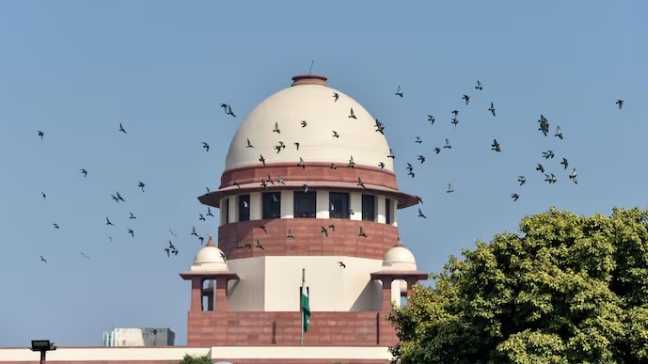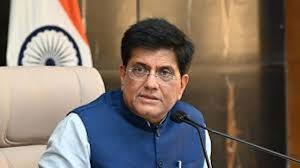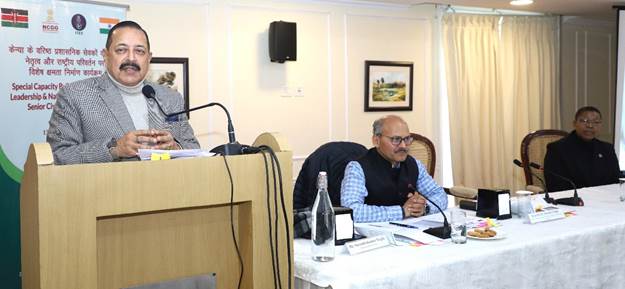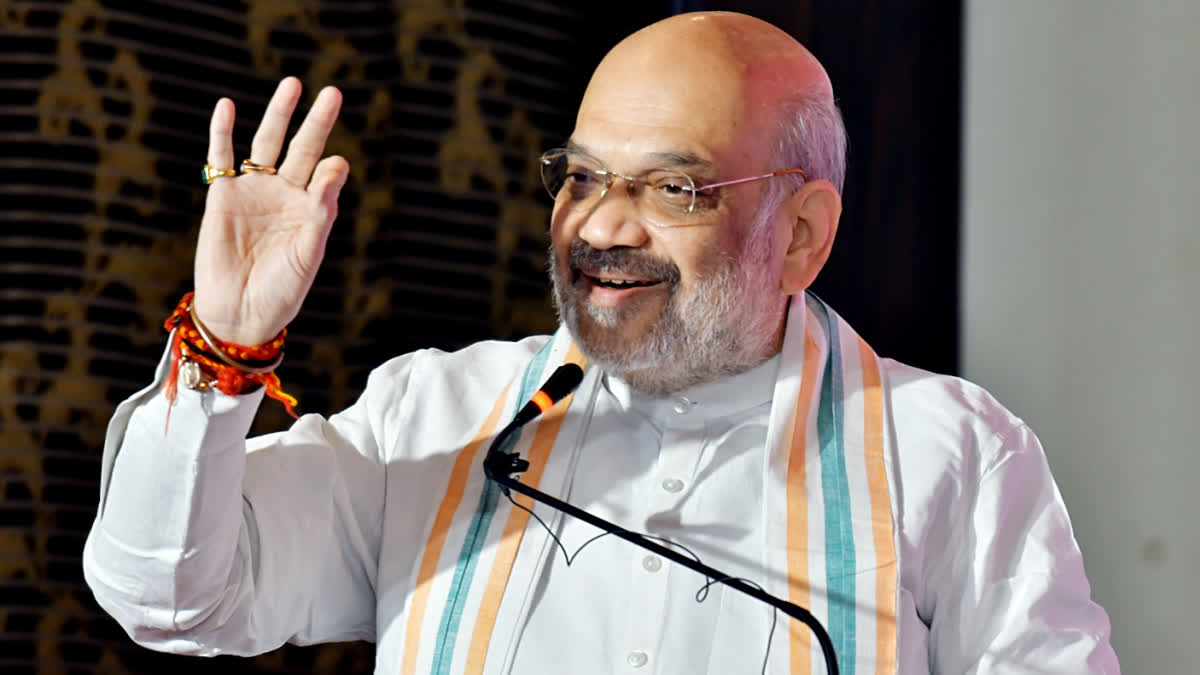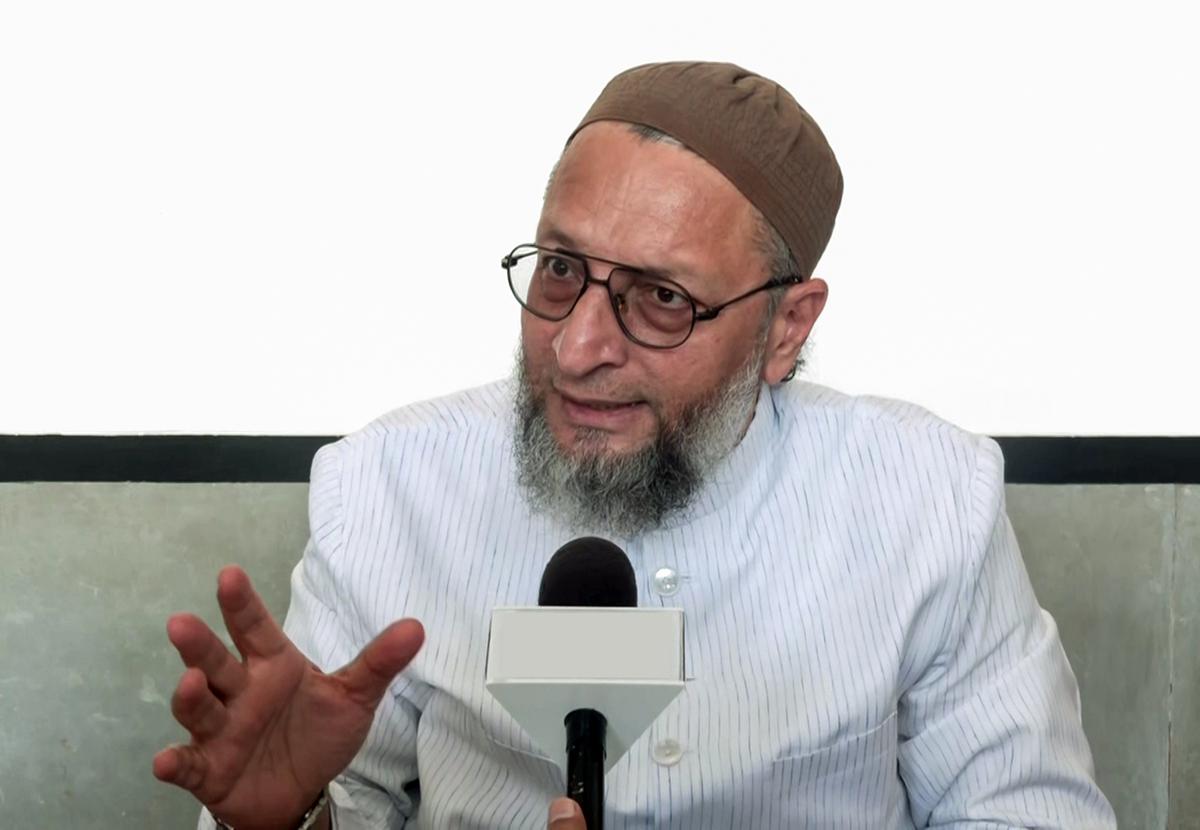Medical examiner Says George Floyd's heart stopped while restrained by police
Tue 02 Jun 2020, 17:14:13
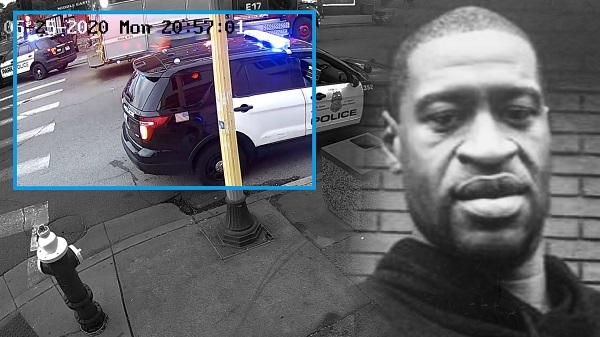
A medical examiner on Monday classified George Floyd’s death as a homicide, saying his heart stopped as police restrained him and compressed his neck, in a widely seen video that has sparked protests across the nation.
“Decedent experienced a cardiopulmonary arrest while being restrained by law enforcement officer(s)," the Hennepin County Medical Examiner's Office said in a news release. Cause of death was listed as “cardiopulmonary arrest complicating law enforcement subdual, restraint and neck compression."
Under "other significant conditions" it said Floyd suffered from heart disease and hypertension, and listed fentanyl intoxication and recent methamphetamine use. Those factors were not listed under cause of death.
A Minneapolis police officer was charged last week with third-degree murder in Floyd’s death, and three other officers were fired. Bystander video showed the officer, Derek Chauvin, holding his knee on Floyd’s neck despite the man's cries that he can't breathe until he eventually stopped moving.
A separate autopsy commissioned for Floyd’s family also called his death a homicide. It concluded that that he died of asphyxiation due to neck and back compression, said the family’s attorney, Ben Crump, who called for the charge against Chauvin to be upgraded to first-degree murder and for three other officers to be charged. He didn't say what the charges against the other officers should be.
That autopsy, by a forensic pathologist who also examined Eric Garner’s body, found the compression cut off blood to Floyd’s brain, and that the pressure of other officers' knees on his back made it impossible for him to breathe, Crump said.
Both the medical examiner and the family’s experts differed from the description in last week’s criminal complaint against the officer of how Floyd died. The complaint, citing preliminary findings from the medical examiner, listed the effects of being restrained, along with underlying health issues and potential intoxicants in Floyd’s system. But it also said nothing was found “to support a diagnosis of traumatic asphyxia or strangulation." Neither side has released its full autopsy report so far.
The family's autopsy found no evidence of heart disease and concluded he had been healthy.
Floyd, a black man who was in handcuffs at the time, died after Chauvin, who is white, ignored bystander shouts to get off Floyd and Floyd's cries that he couldn't breathe. His death sparked days of protests in Minneapolis and around America.
The complaint provided no details about intoxicants. In the 911 call that drew police, the caller described the man suspected of paying with counterfeit money as “awfully drunk and he’s not in control of himself."
Floyd's family and lawyers, similar to the groups of other dark men slaughtered by police,
dispatched their own post-mortem examination since they didn't confide in neighborhood specialists to create an unprejudiced report.
dispatched their own post-mortem examination since they didn't confide in neighborhood specialists to create an unprejudiced report.
The family's examination was finished by Michael Baden and Allecia Wilson. Baden is the previous boss clinical analyst of New York City, and was employed to do a dissection of Garner, a dark man who passed on in 2014 after New York police set him in a strangle hold and he argued that he was unable to relax.
Baden likewise did a post-mortem examination at the family's solicitation for Michael Brown, a 18-year-old shot by police in Ferguson, Missouri. He said Brown didn't uncover indications of a battle, providing reason to feel ambiguous about a case by police that a battle among Brown and the official prompted the shooting.
Dr. Judy Melinek, a scientific pathologist from the San Francisco Bay zone who writes about the subject and isn't associated with the case, said the key contrast between the clinical inspector's decisions and those of Baden and Walker are the official finding of "noteworthy" conditions for Floyd, including coronary illness and medications in his framework.
Baden and Wilson recognized on a phone call with columnists that they didn't approach the tissue tests that the clinical inspector kept that may have given more data on his wellbeing. Nor did they have their own toxicology results yet.
Melinek said it's not unusual for different pathologists to reach different determinations, given that they may be looking at different information and that they've had different experiences and training.
Under the law, a medical examiner determines the cause and manner of death, but it's up to prosecutors to decide whether criminal charges are warranted. The term homicide means only that a person's death was caused by another person.
Chauvin, who was also charged with manslaughter, is being held in a state prison. The other three officers on scene, like Chauvin, were fired the day after the incident but have not been charged.
The head of the Minneapolis police union said in a letter to members that the officers were fired without due process and labor attorneys are fighting for their jobs. Lt. Bob Kroll, the union president, also criticized city leadership, saying a lack of support is to blame for the days of sometimes violent protests.
When asked to respond, Mayor Jacob Frey said Kroll's opposition to reform and lack of empathy for the community has undermined trust in the police.
Gov. Tim Walz announced Sunday that Attorney General Keith Ellison would take the lead in any prosecutions in Floyd's death. Local civil rights activists have said Hennepin County Attorney Mike Freeman doesn't have the trust of the black community. They have protested outside his house, and pressed him to charge the other three officers.
No Comments For This Post, Be first to write a Comment.
Most viewed from International
Most viewed from World
AIMIM News
Asaduddin Owaisi questions PM Modi's China policy
Jan 08, 2025
Owaisi slams UP over police post near Sambhal mosque
Dec 31, 2024
Owaisi hails SC order on Places of Worship Act
Dec 13, 2024
AAP Corporator Tahir Hussain joins AIMIM party
Dec 11, 2024
Latest Urdu News
Most Viewed
May 26, 2020
Which political party will win the Delhi Assembly polls to be held on Feb 5?
Latest Videos View All
Like Us
Home
About Us
Advertise With Us
All Polls
Epaper Archives
Privacy Policy
Contact Us
Download Etemaad App
© 2025 Etemaad Daily News, All Rights Reserved.










.jpg)
.jpg)




